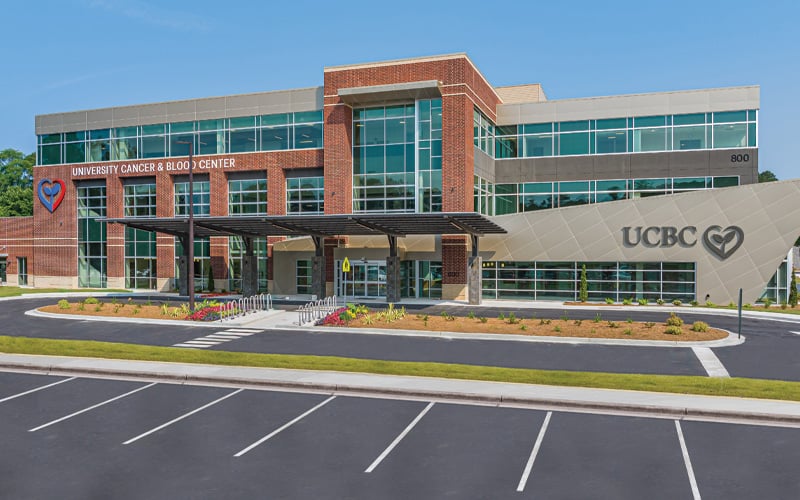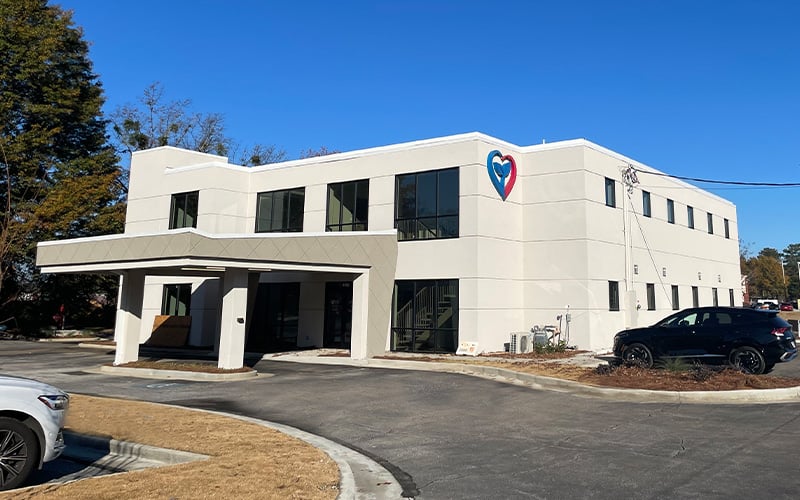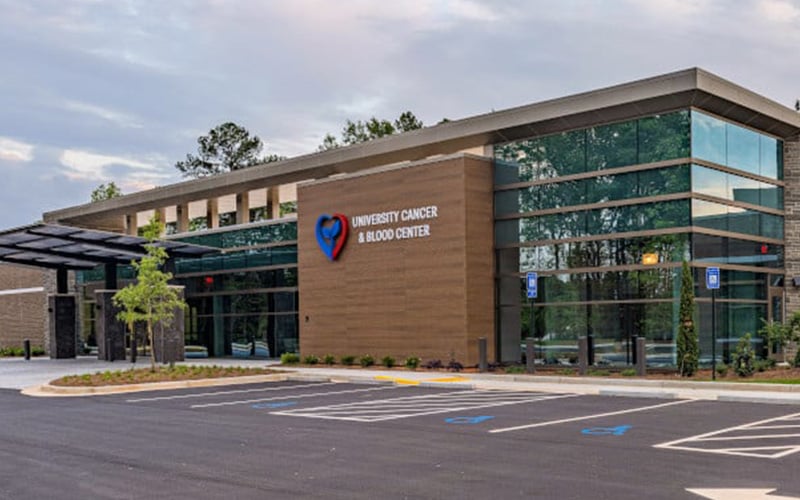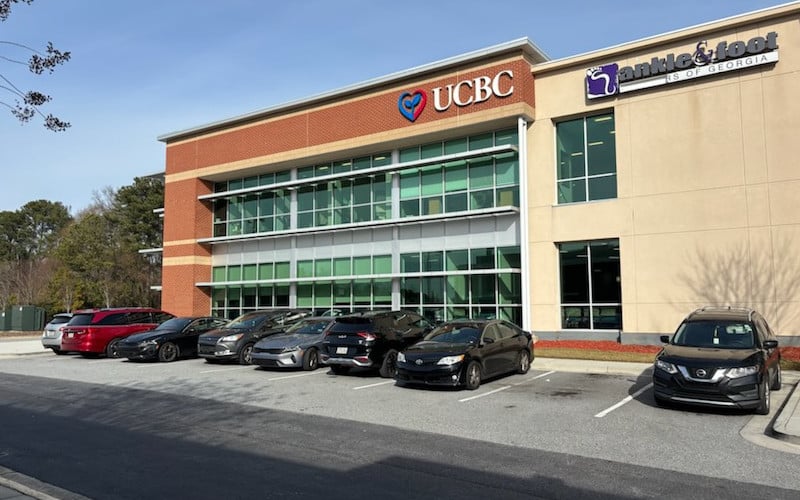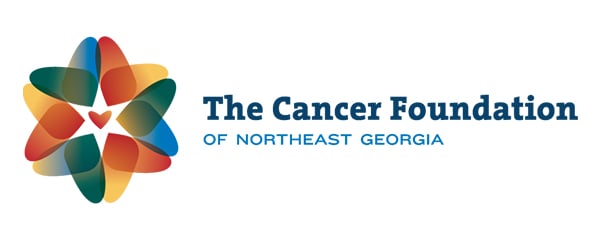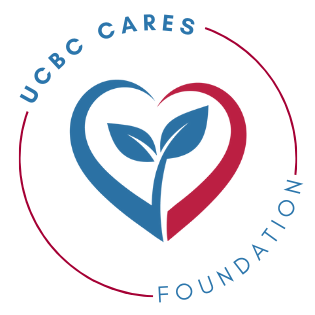Overview:
Thrombocythemia is a disease in which your bone marrow makes too many platelets. Platelets are blood cell fragments that help with blood clotting. Having too many platelets makes it hard for your blood to clot normally, which can cause too much clotting, or not enough clotting. A single cause for thrombocythemia has not been identified. It is believed to be caused by defects in the bone marrow’s platelet-making cells. Symptoms of thrombocythemia can include bruising easily, blood clots in arteries and veins, bleeding from nose, gums, and GI tract, excessive bleeding after injury or surgery, bloody stools, headache and dizziness, weakness, and swollen lymph nodes.
Treatment:
Treatment type will vary based on your symptoms, age, overall health, and the severity of your condition. Treatment is often done to reduce the risk of blood clotting. Treatment can include:
- Low-dose aspirin
- Chemotherapy
- Plateletpheresis
To learn more about thrombocythemia, click here.

